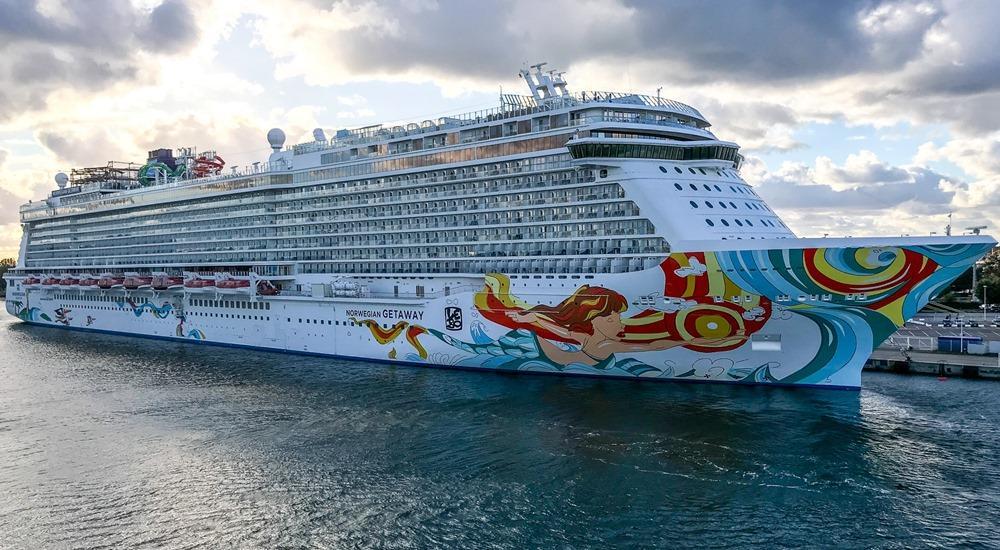The leading global cruise company NCLH-Norwegian Cruise Line Holdings Ltd. which operates NCL-Norwegian Cruise Line, Oceania, and Regent Seven Seas Cruises, announced the completion of its ~US$200 million, multi-year investment in EGCS (exhaust gas cleaning systems) on certain cruise ships across its fleet via the successful commissioning of EGCS on Norwegian Breakaway and Norwegian Getaway.
The systems are aimed at improving the environmental footprint of the ships by significantly reducing emissions, (sulfur oxides & particulate matter), as well as improving air quality. Investments in technology like EGCS are an integral part of the long-term climate action strategy of the company. Norwegian is committed to continually exploring additional ways to further reduce its footprint and protect the environment.
The Company completed EGCS installations on a total of 13 Norwegian Cruise Line ships which represent ~70% of operational capacity.

EGCS, which are commonly referred to as scrubbers, are working by “scrubbing away” SOx (sulfur oxides) and particulate matter before emissions leave the stack to decrease the amount released into the air, resulting in a clean plume of steam. Vessels equipped with the technology can reduce sulfur oxides emissions by up to 98%.
92% of all systems installed on the Company’s cruise ships can operate in an open or closed-loop, which is popular as a hybrid system. It allows the liners to operate the systems within compliance in the world's expanded areas. Ships with EGCS technology can use HFO (heavy fuel oil) instead of low-sulfur MGO (marine gas oil) as their primary fuel source.
The International Maritime Organization’s 3rd IMO Greenhouse Gas Study said the CO2 emissions factor for heavy fuel oil was less than for marine gas oil on average which should result in lower relative CO2 emissions as Norwegian increased its mix of heavy fuel oil consumption.
The Company expects that its normalized fuel consumption mix would be ~50% heavy fuel oil and 50% marine gas oil in 2022.